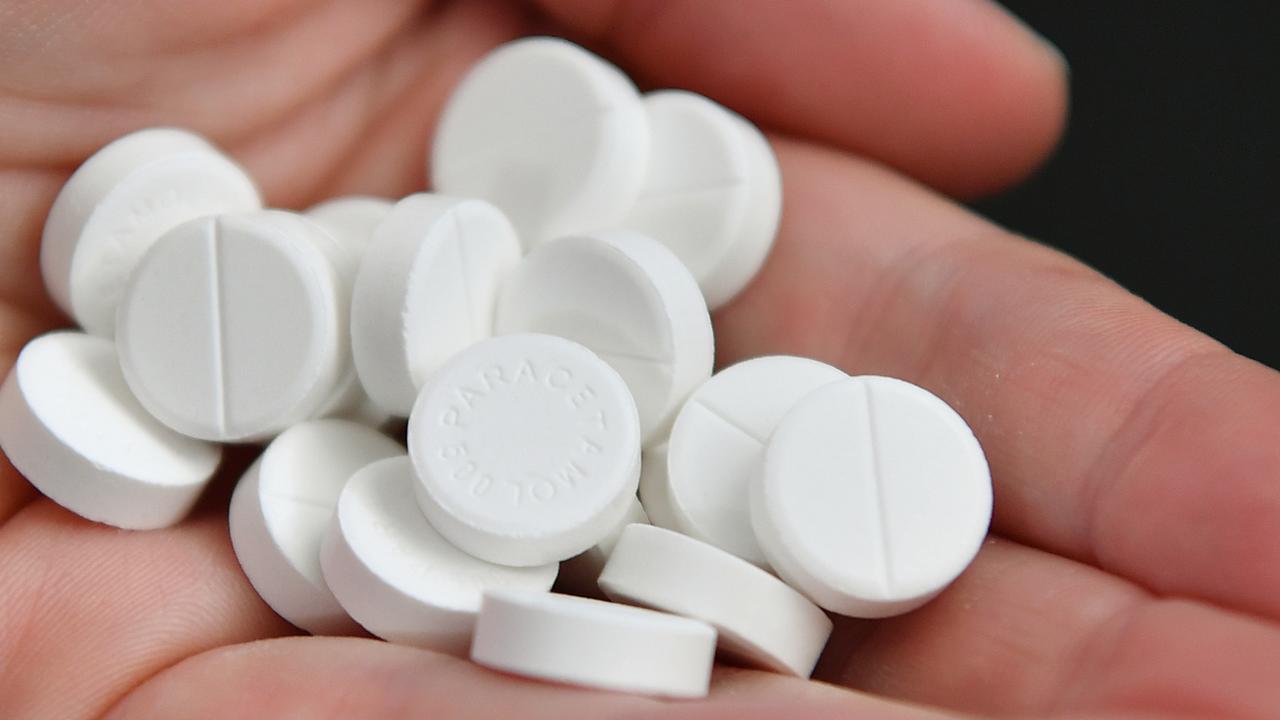Medication shortages ‘could lead to a patient’s death’
Patients could develop “serious infections” or worse because of a major national issue that has medical experts worried.

An ongoing national medication shortage could increase risks of “serious infection” as well as “instances that could lead to a patient’s death”, according to experts.
More than 300 drugs are in short supply, affecting multiple conditions and many thousands of patients across the country.
The largest concerns are a shortage of antibiotics, while limited supplies of other medications such as blood lowering and blood thinning medications also pose risks to many patients.
Royal Australian College of General Practitioners Victorian chair Anita Munoz said while there were always medicine shortages of some kind, this supply issue was “much larger”.
“There are shortages of multiple medications of a single or similar class … which makes substitution difficult in some instances,” Dr Munoz said.
“One of the really serious situations is the antibiotics shortages because … you can only use antibiotics that are powerful against the organism causing the infection.
“You can’t just choose any antibiotics as a substitute.
“The issue of multi drug-resistant bacteria is particularly poignant in this instance.”
The widespread shortage of antibiotics has resulted in many people being put at risk of serious infection.

While some medications can be substituted, it is not always a simple task and can be incredibly complex and challenging.
“Some important medications, in heart conditions, for example, can be very difficult to make substitute decisions for because of the complexities of patients’ needs, such as other drugs they take or their other health conditions,” Dr Munoz said.
“If we have an infection where the bacteria is resistant to several options, then if the drugs that the bacteria is sensitive to aren’t available … there is a situation of not treating the infection at all.
“In some instances, that could lead to a patient’s death.”
Dr Munoz said while shortages were due to many complex factors, supply chain issues from the pandemic, having other countries prioritised for supply, pharmaceutical companies struggling to keep up with demand and conflict in Europe have all played a part.
“I think we really need to be looking at how we secure the medications coming into the country … and consider the merits of being more self-sufficient in manufacturing more medications on our shores,” she said.
“This also really highlights the issue we have with antibiotics stewardship in this country and the need to be very judicious about how antibiotics are prescribed.”
Dr Munoz suggests those who may be affected by the shortage discuss substitution options with their prescriber, GP or non-GP specialist as early as possible.
“Well before you run out of medication because it can take some time to come up with a safe plan for a substitution,” she said.
“It would be preferable to not have to make those decisions with significant time constraints.”



